While I primarily blog about comics on ShelfAbuse, I’ve been meaning to start a new column looking back at my varied influences as a writer, artist and designer. A bit self-indulgent perhaps, but also a valid excuse to write about things other than indie comics and superhero movies.
My first stop could only be the inimitable Starman, David Bowie.
I must confess that, beyond revisiting their work, I’ve never been one to make a fuss when a celebrity dies. It always seems so artificial, doesn’t it? No matter how much I loved the person in question’s work, I didn’t know them and I probably wouldn’t want to. However, on Monday 10th January David Jones passed away, and for the first time in my life I felt genuine loss at the death of a distant stranger.
I’m writing this a few weeks after he left this realm, but my admiration for David Bowie’s work goes back a fair few years, if not as far back as those who know me (and have tolerated my drunken rants) would imagine. While I grew up with Bowie’s singles, it wasn’t until my late twenties, when I signed up for Spotify and began discovering his albums, particularly the likes of Station to Station and the masterful Low and, that my creeping obsession began.
My sorrow was partly due to the fact that I’d spent the previous weekend with the brilliant, Scott Walker –inspired Blackstar playing on a loop. Perhaps the thing that sets Bowie’s death apart the passing of other iconic musicians is that he’d suddenly (and for those first few days, inexplicably) returned to form; though I’d argue that he’d been producing worthwhile material for the past two decades. But I do think that the main reason I felt so devastated is that I’ve always considered Bowie my creative idol. Sure, there are other writers and artists whose contributions I admire more, but none whose complete body of work (and Bowie’s is now, sadly, complete) is quite as eclectic, original, rich and at times baffling as the Thin White Duke’s.
Bowie is the definitive artist’s artist, a creative force whose discography keeps on giving no matter how deep you delve, whose body of work was so vast and diverse that he was virtually his own genre.
Bowie embraced the ridiculous
I’ve always admired writers who use the sort of insane ideas that lesser minds would immediately reject. Bowie always had a sense of silliness about him, from the much-maligned (though I love it) The Laughing Gnome, which he claimed to have recorded simply because he could, to the line “Lay me place and bake me pie, I’m starving for me gravy” in The Bewlay Brothers. I still chuckle every time I hear the awkward intro to Modern Love (“I know when to go out, I know when to stay in, and get things done.”).
From his outlandish stage personae to his always entertaining interviews, part of his mystery was down to the fact that you never knew if he was just plain pretentious or having a laugh at our expense. I suspect it was a bit of both, but I adore that sense of mischievousness to his work, regardless of the phase he was going through, and mourn the fact that nobody else in music has ever seemed like they were having quite as much fun.
He changed, but was never anything other than David Bowie
Yes, David Bowie was the archetypal musical chameleon, but his work never felt like it could have come from anyone else. Those baffling lyrics and sense of playfulness extended to interviews and even his film cameos, which often felt as though they’d been written for him alone. No other human entity could have played Thomas Jerome Newton in The Man Who Fell to Earth or introduced the TV adaption of Raymond Briggs’ The Snowman in that Christmas jumper and kept their dignity intact.
Bowie maintained a singular vision, but work well with others
I’ve always struggled to work with others. In fact, I spent nearly a decade of my life enduring one horrible creative partnership after the other before deciding that I was going to write and illustrate alone for the rest of my life. Bowie was that enviable sort of multi-talented freak, capable of excelling at whatever medium tow which he took a fancy. But the articles I’ve read on him suggest that while he was always the dominant force in the studio, he also cherry-picked the most talented musicians to accompany his ideas and worked with the likes of Brian Eno and Trent Reznor to routinely reforge his sound and theatrical vision.
Plus, he politely told Coldplay that they were shit. Respect.
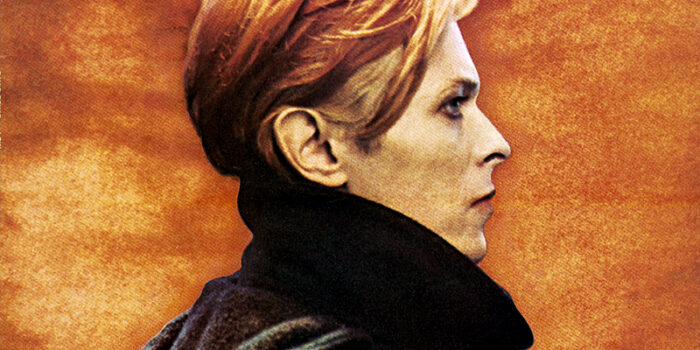
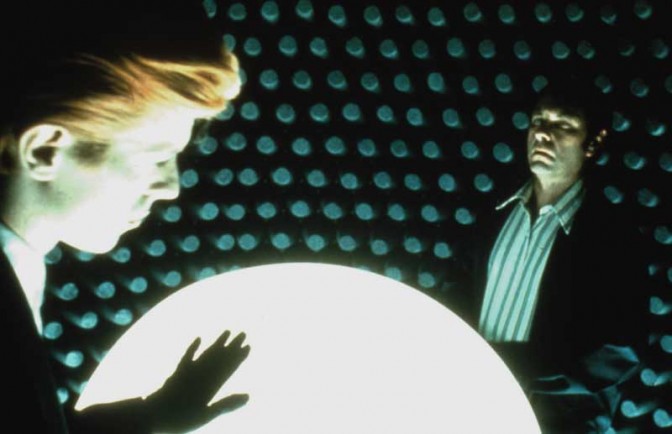
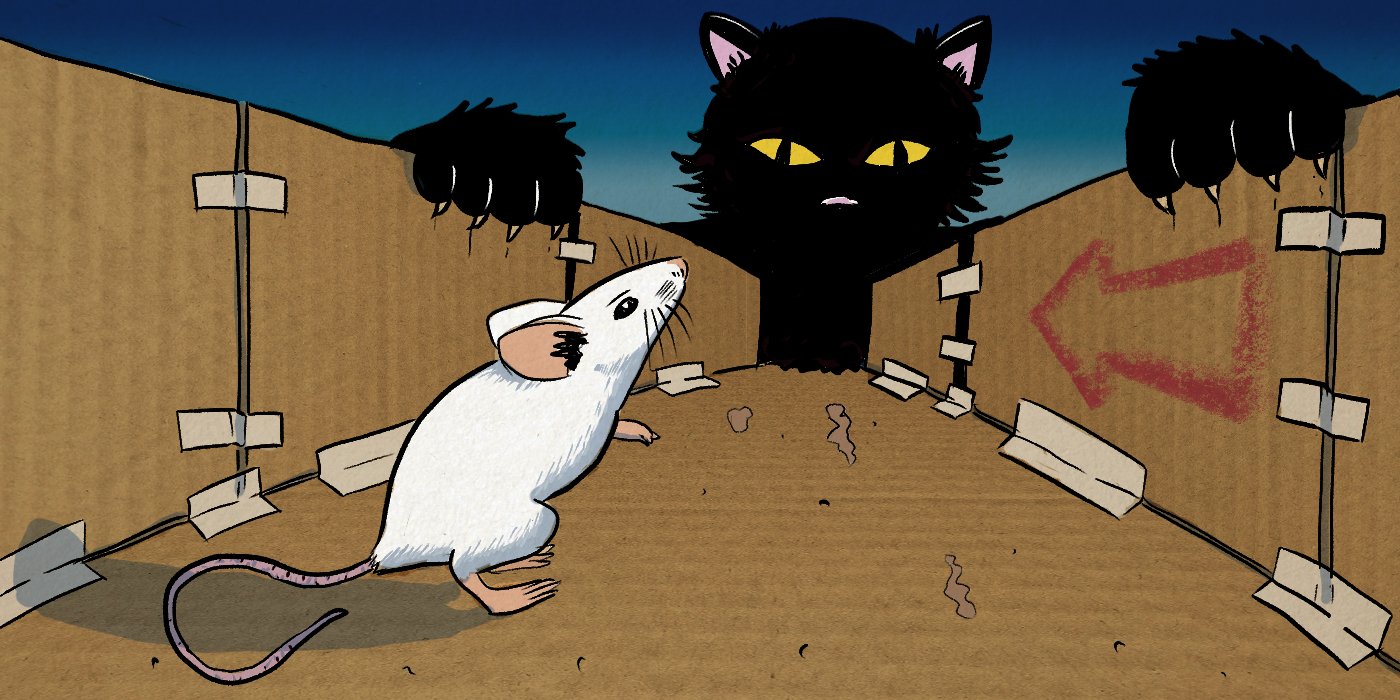
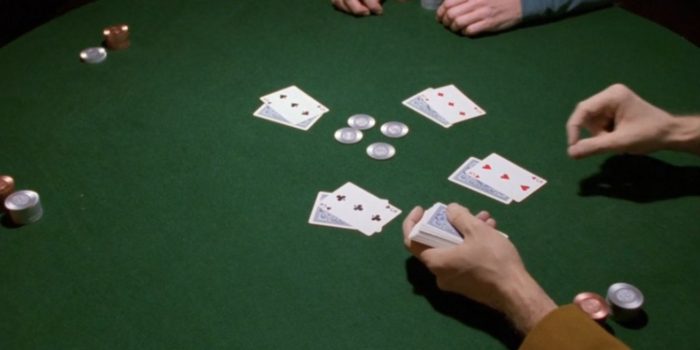

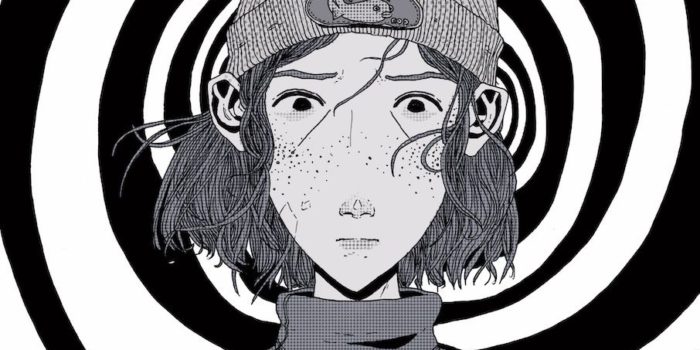
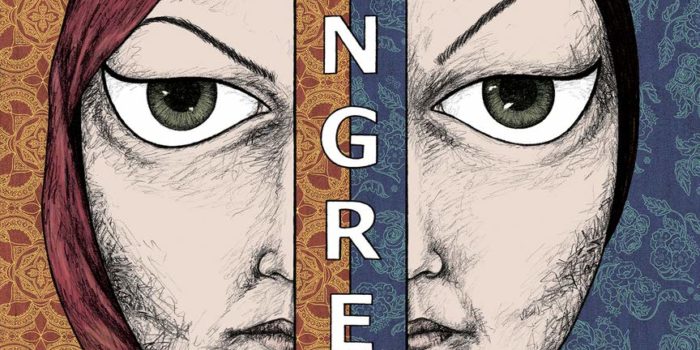
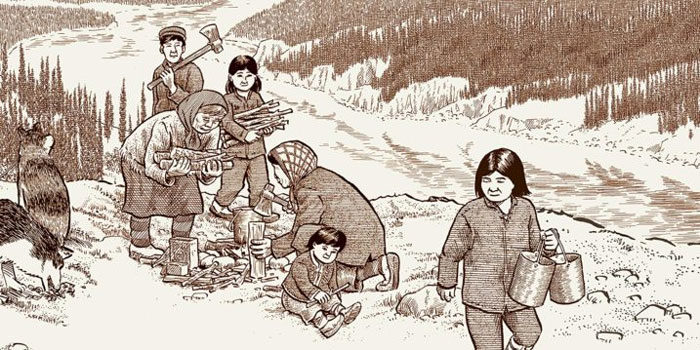
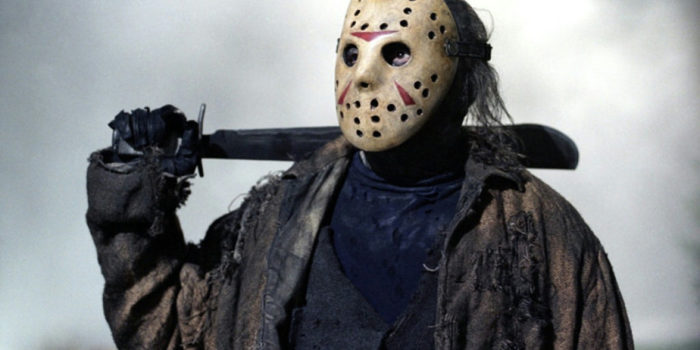

Leave a Reply